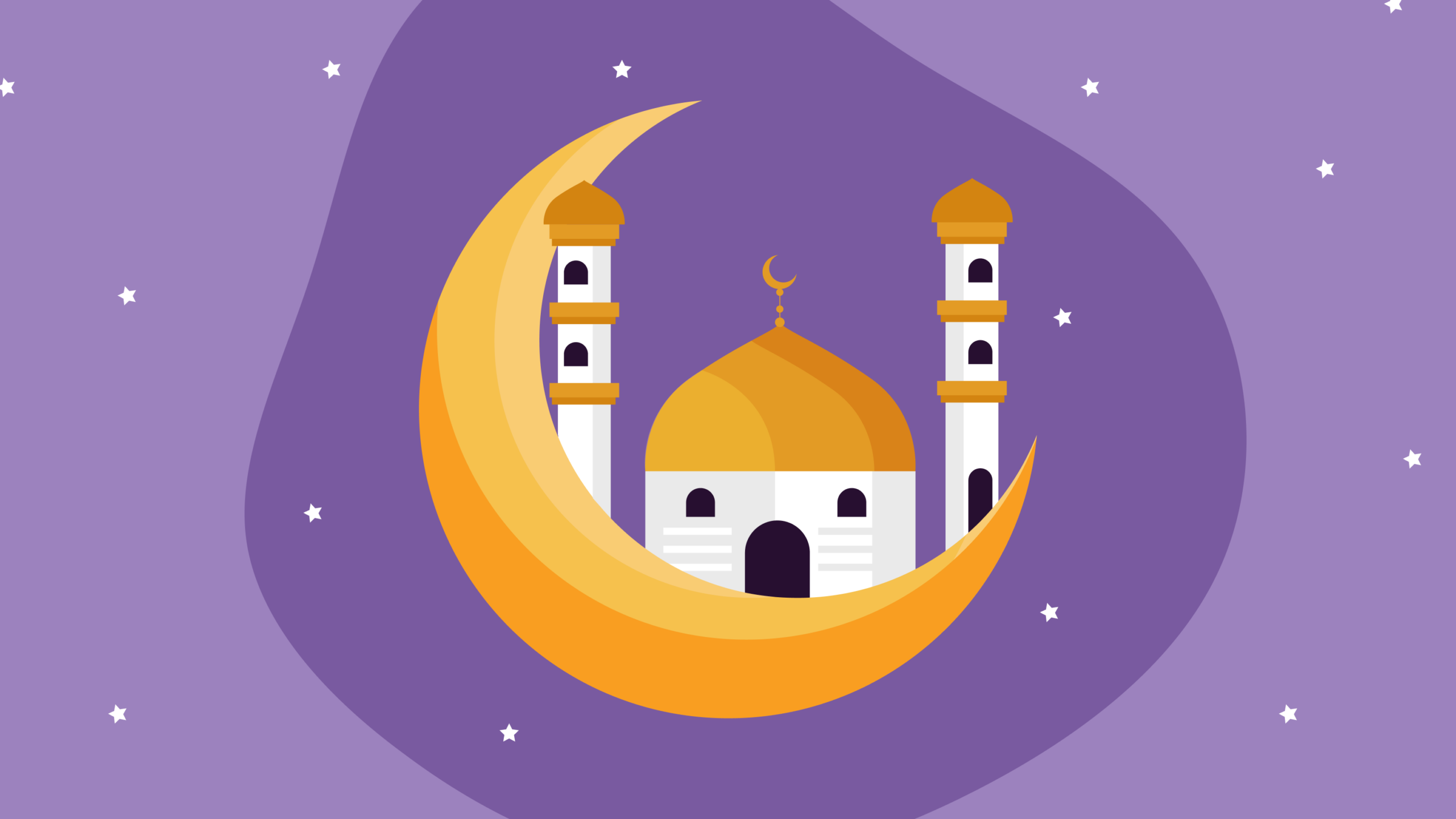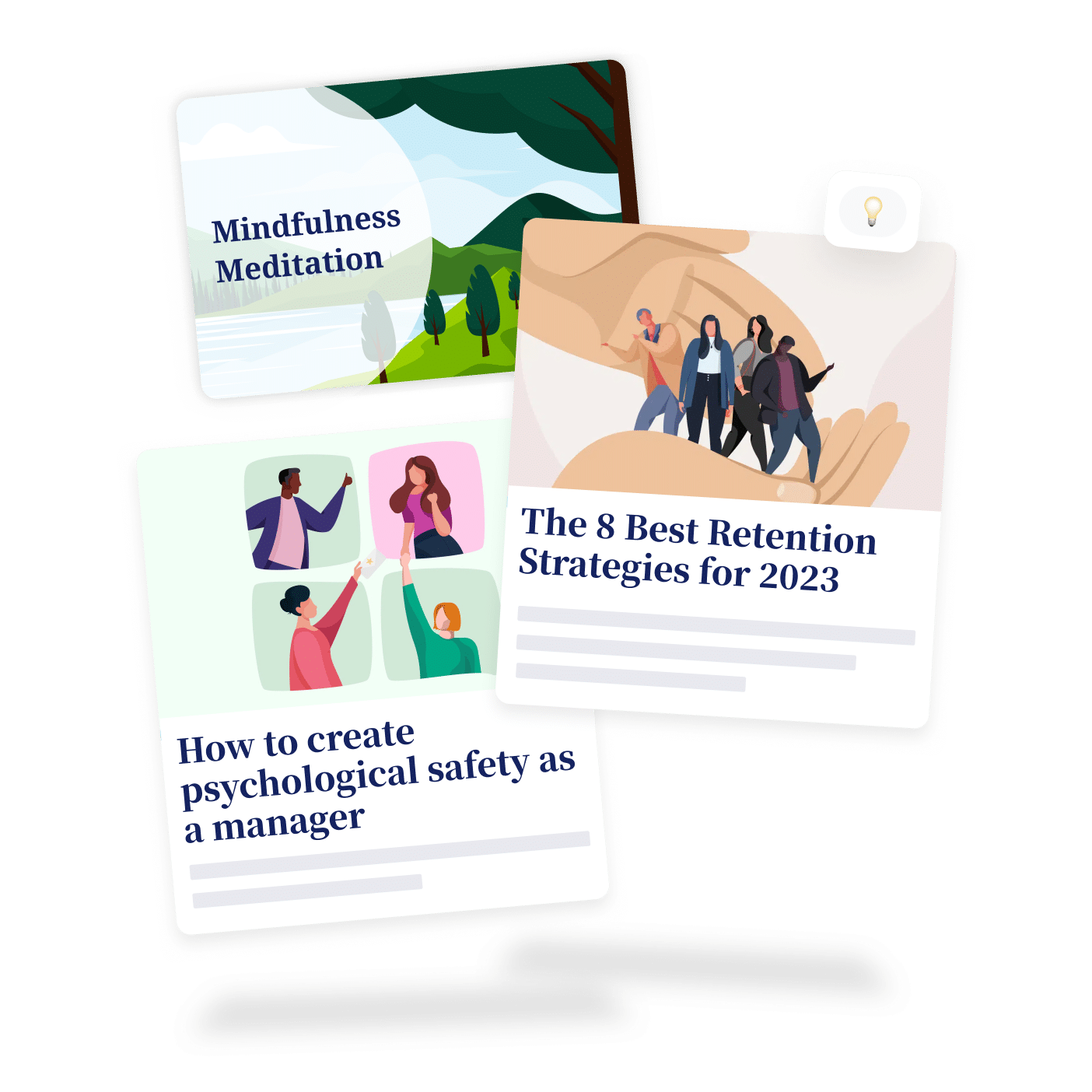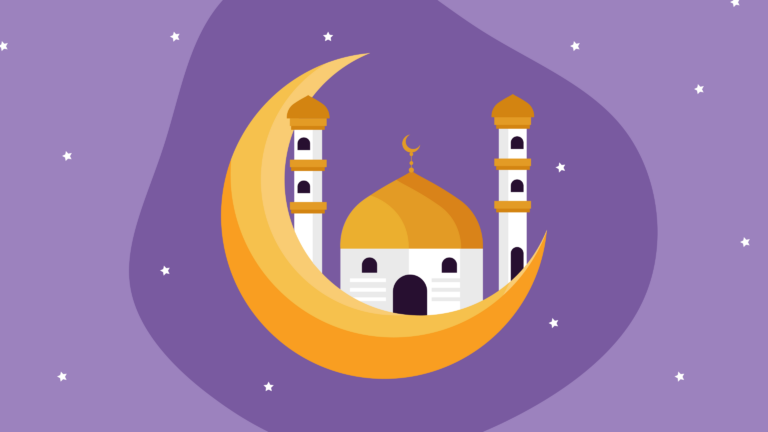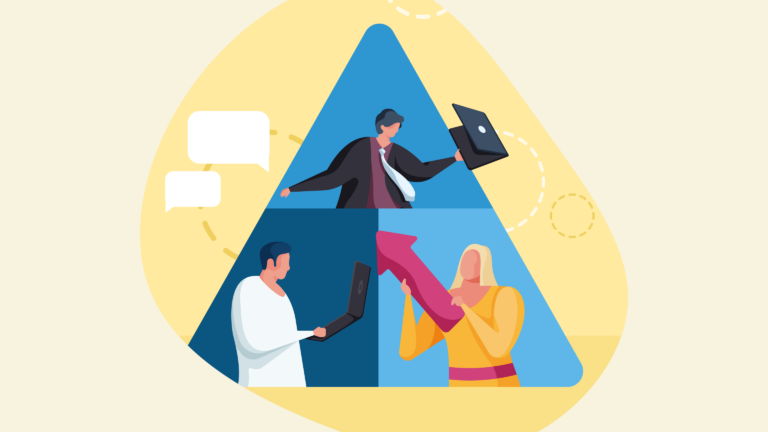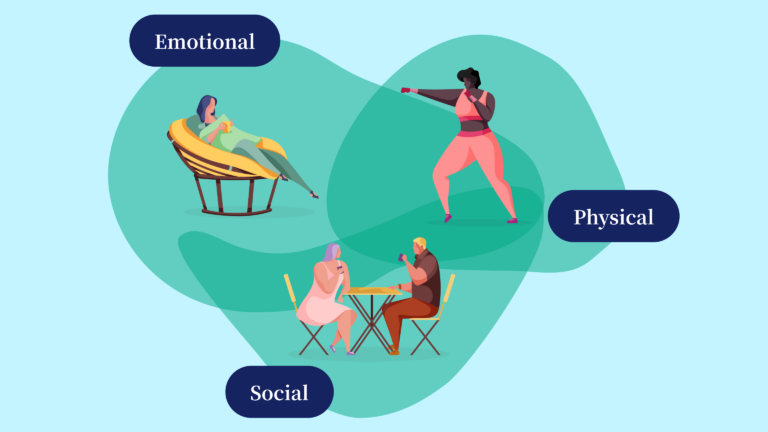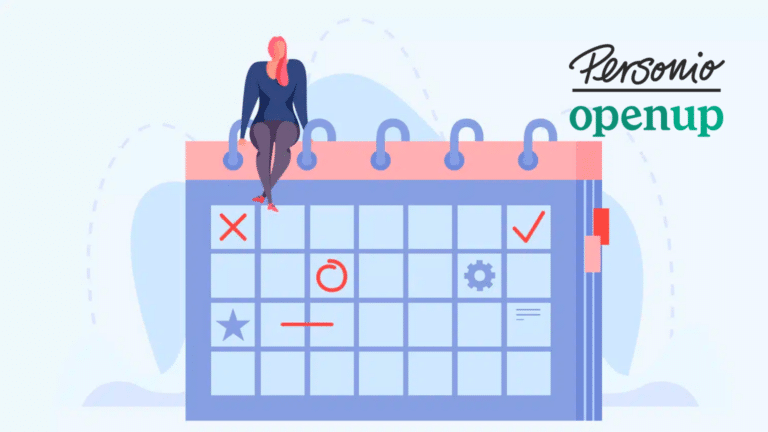Ramadan is a specific period in the Islamic lunar calendar during which Muslims around the world fast for a month between the rising (fajr/suhoor) and setting (maghrib/iftar) of the sun. When fasting, you do not eat, drink (including water), smoke or have sex.
This year, Ramadan starts on March 10 and ends on April 9. Here’s what you can do to support staff who are fasting during this period. .
Why do we fast during Ramadan?
The month of fasting is one of the five pillars of Islam and a period of purification, reflection and togetherness. It’s a month of greater focus on tolerance, generosity and charity.
We learn discipline during Ramadan, test our endurance and increase our respect and empathy. It’s an important time during which Muslims reflect.
Also the case for Ömer*, a developer at a tech company, who has participated in Ramadan since the age of 11. He says: “For me, Ramadan is the time of the year when I work on my patience and self-control, be grateful and show compassion for those less fortunate.”
More importantly, children, the elderly, pregnant people, people who are travelling and people taking medication for physical or mental reasons do not have to fast.
Ramadan and mental well-being
Ramadan is a period of repentance and gratitude. We take a step back to reflect on our actions and rest. This has a positive effect on mental well-being, Ömer adds :
“Fasting by choice always helps me reduce stress and gloom. The special rituals of Ramadan help me feel better physically, mentally and emotionally.”
At the same time, Ramadan can also bring challenges. For instance, fasting can cause you to have less energy, be less productive and even experience mood swings. So it helps to establish your own rituals and routines that support you when fasting.
Ömer: “During the fasting month, I keep exercising but do shorter workouts at a lower intensity. This way, I can still maintain my fitness level. I eat lots of fruit and vegetables and make sure I’m hydrated enough. I also go for a walk for 15 minutes every day before iftar, the fast-breaking evening meal.”
It also helps Ömer to be aware of how his body uses energy and how external things can cause distractions. Sleeping well, having a good overview of his schedule and drinking and eating well all help him here.
